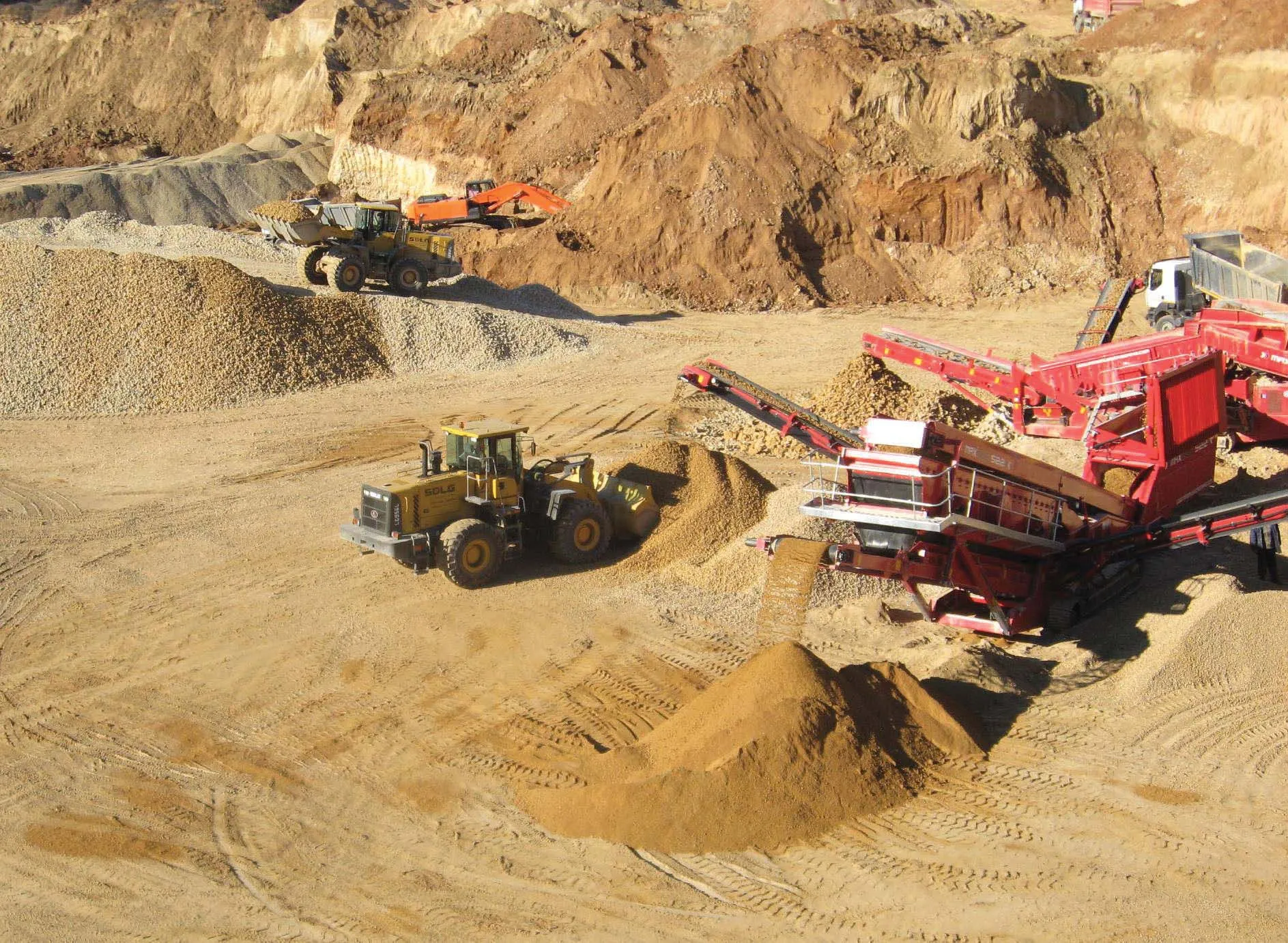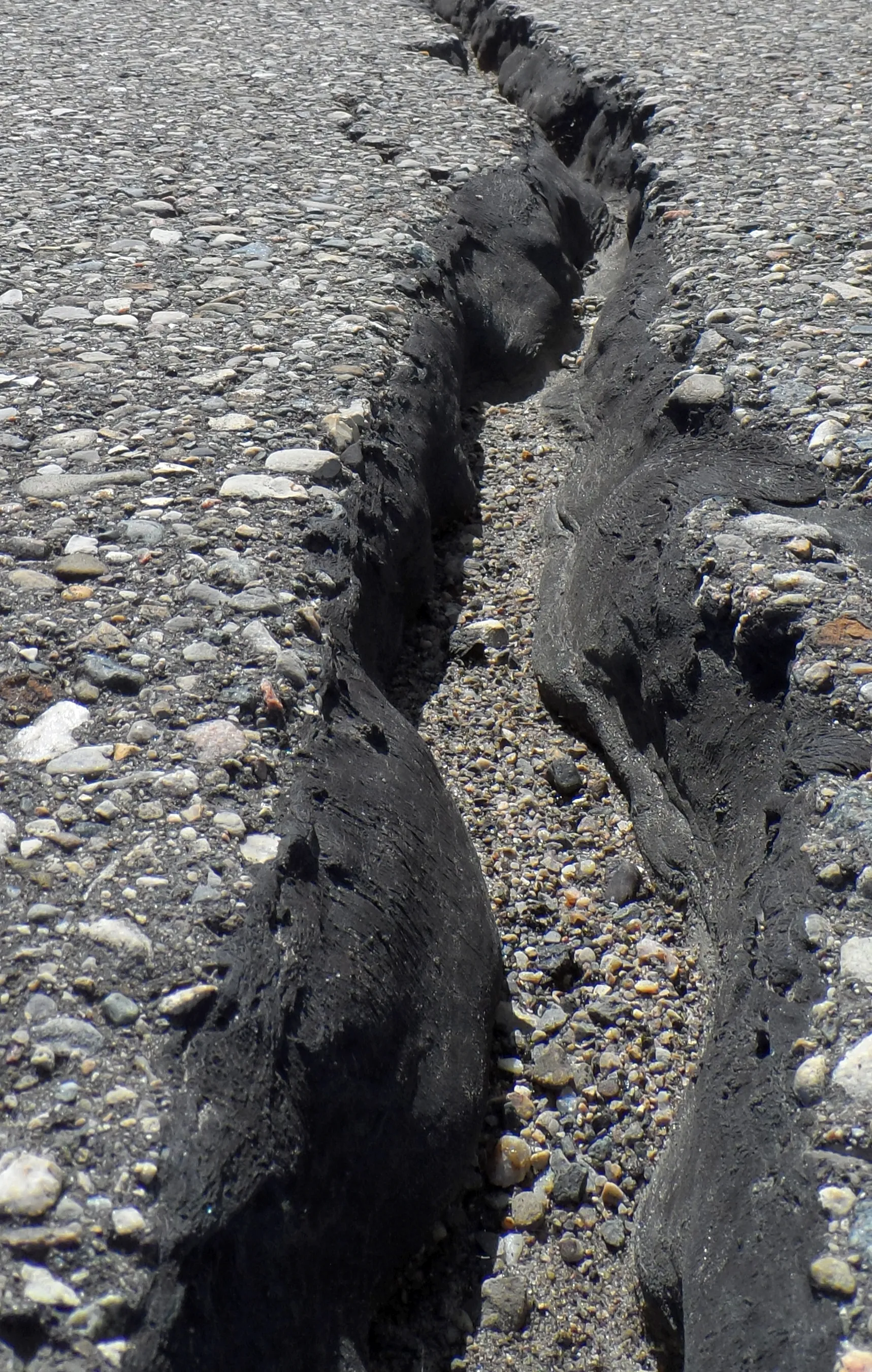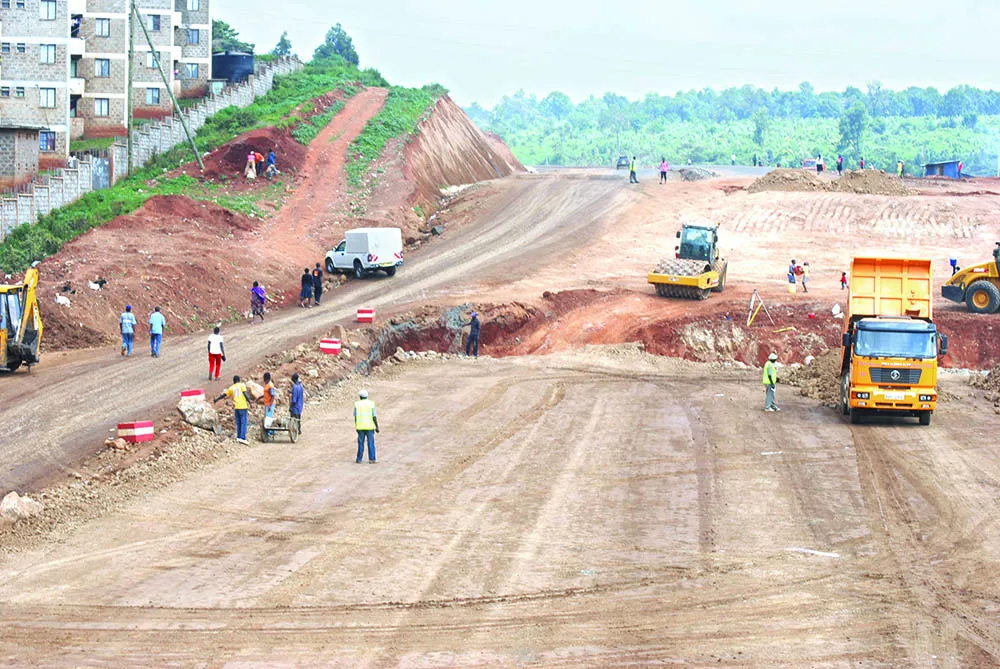The Canadian province of Alberta has put a halt to further public-private partnership projects pending a provincial government cabinet decision on their use.
Alberta infrastructure minister Brian Mason said the New Democratic Party government isn’t declaring a moratorium on P3s. However, he said that he plans to stick to the traditional methods of funding as he launches a five-year US$27 billion capital construction programme.
The Calgary Sun newspaper quoted Mason saying “there are real questions abo
May 9, 2016
Read time: 3 mins
The Canadian province of Alberta has put a halt to further public-private partnership projects pending a provincial government cabinet decision on their use.
Alberta infrastructure minister Brian Mason said the New Democratic Party government isn’t declaring a moratorium on P3s. However, he said that he plans to stick to the traditional methods of funding as he launches a five-year US$27 billion capital construction programme.
The Calgary Sun newspaper quoted Mason saying “there are real questions about the overall benefit” of P3s. “Certainly the design-build-operate model is not something I want to proceed with at the present time.”
Mason’s comments come after the NDP government conducted an internal review on P3 use last fall. But the government said it has no plans on publishing it because it is based heavily on confidential Treasury Board and cabinet discussions.
“I thought it was a very thorough, valuable review and it explored both positive elements and negative elements of P3s,” Mason said. “I have decided…. that we’re not going to be proceeding with P3s in the meantime, until a final decision has been made.”
Some major P3 projects now in progress, such as Calgary’s southwest ring road, will continue as such, he said.
“I certainly don’t want to cast aspersions on the good work that’s being done by P3 contractors right now on any of the projects, but I think it’s fair to say we’re likely to go in another direction going forward,” he said.
The Sun newspaper report said the NDP recently cut by nearly a half the funding to the Strategic Partnerships office, which assesses and manages P3 projects, and allocated no funding for the office for 2017 and 2018.
The NDP, a left-leaning political party, replaced a reportedly business-friendly Conservative Party in power in May last year. The Conservatives had been in power uninterrupted for 44 years and the NDP win sent shock waves through business circles.
The NDP has been openly suspicious of the value for money of P3 work. But in November last year, Mason said in an interview with the Calgary Herald newspaper that a decision whether to use P3 again should not be an ideological move.
However, three months before, in August 2015, Mason hinted in an interview with Alberta Construction Magazine, that the “normal way to finance infrastructure is to borrow”, especially for over 30 years and in an era of extremely low interest rates.
“You can’t borrow more than you can repay, but it makes sense to borrow a little more when interest rates are as low as they are,” he said. “And if the investments actually help improve the economy, then the debt is more manageable.”
He also said that there’s no final policy with respect to using P3s “but I think it’s probably fair to say that we’re not in favour of using P3s as a major way to construct infrastructure… Going forward, I can’t say that they are something this government would favour.”
Alberta infrastructure minister Brian Mason said the New Democratic Party government isn’t declaring a moratorium on P3s. However, he said that he plans to stick to the traditional methods of funding as he launches a five-year US$27 billion capital construction programme.
The Calgary Sun newspaper quoted Mason saying “there are real questions about the overall benefit” of P3s. “Certainly the design-build-operate model is not something I want to proceed with at the present time.”
Mason’s comments come after the NDP government conducted an internal review on P3 use last fall. But the government said it has no plans on publishing it because it is based heavily on confidential Treasury Board and cabinet discussions.
“I thought it was a very thorough, valuable review and it explored both positive elements and negative elements of P3s,” Mason said. “I have decided…. that we’re not going to be proceeding with P3s in the meantime, until a final decision has been made.”
Some major P3 projects now in progress, such as Calgary’s southwest ring road, will continue as such, he said.
“I certainly don’t want to cast aspersions on the good work that’s being done by P3 contractors right now on any of the projects, but I think it’s fair to say we’re likely to go in another direction going forward,” he said.
The Sun newspaper report said the NDP recently cut by nearly a half the funding to the Strategic Partnerships office, which assesses and manages P3 projects, and allocated no funding for the office for 2017 and 2018.
The NDP, a left-leaning political party, replaced a reportedly business-friendly Conservative Party in power in May last year. The Conservatives had been in power uninterrupted for 44 years and the NDP win sent shock waves through business circles.
The NDP has been openly suspicious of the value for money of P3 work. But in November last year, Mason said in an interview with the Calgary Herald newspaper that a decision whether to use P3 again should not be an ideological move.
However, three months before, in August 2015, Mason hinted in an interview with Alberta Construction Magazine, that the “normal way to finance infrastructure is to borrow”, especially for over 30 years and in an era of extremely low interest rates.
“You can’t borrow more than you can repay, but it makes sense to borrow a little more when interest rates are as low as they are,” he said. “And if the investments actually help improve the economy, then the debt is more manageable.”
He also said that there’s no final policy with respect to using P3s “but I think it’s probably fair to say that we’re not in favour of using P3s as a major way to construct infrastructure… Going forward, I can’t say that they are something this government would favour.”








